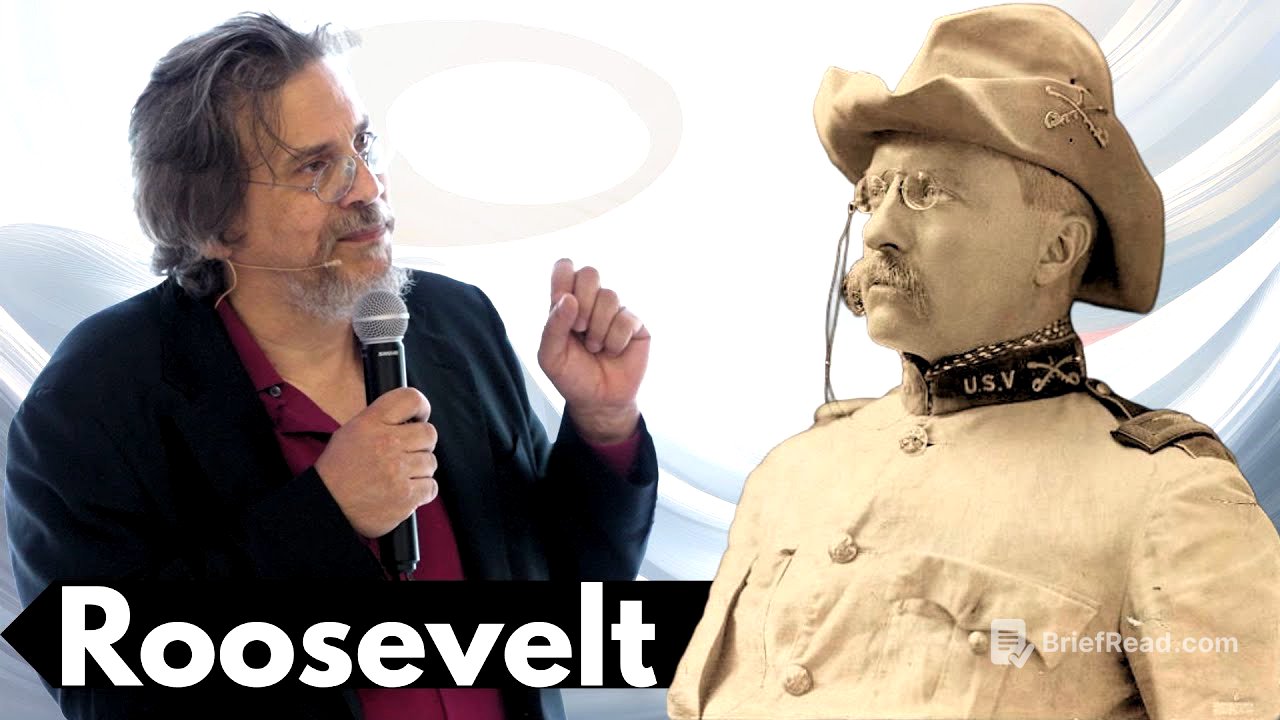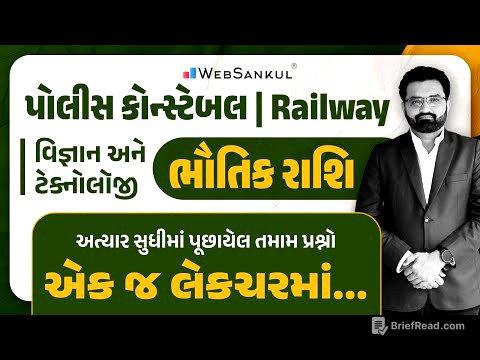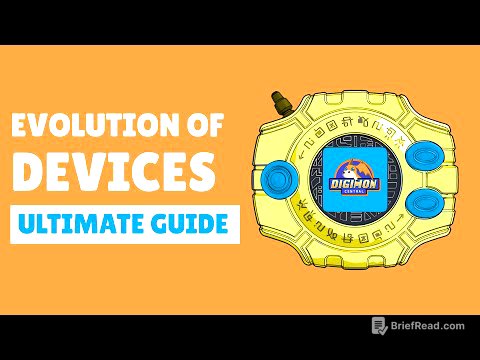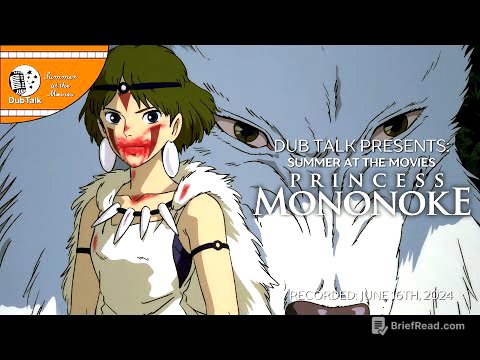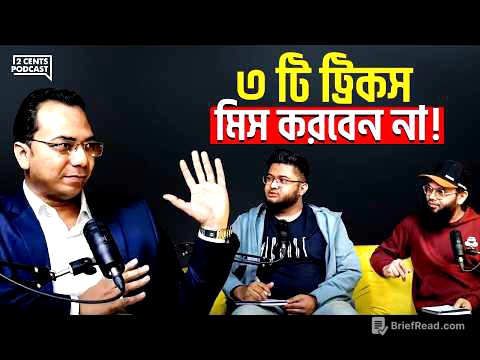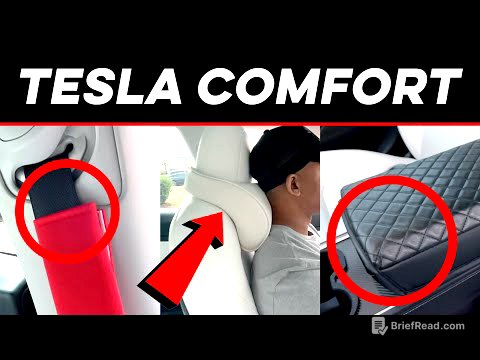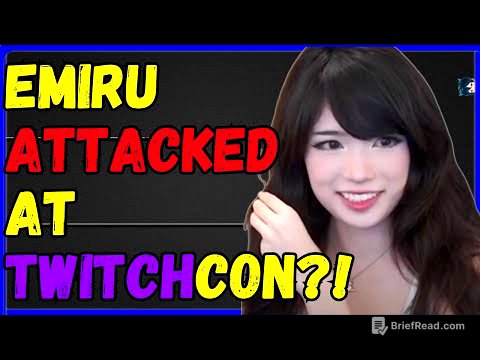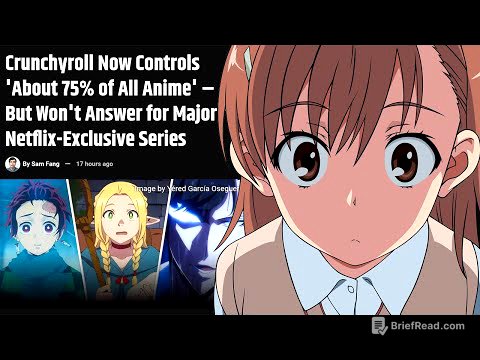TLDR;
Dr. Roy Casagranda discusses leadership, implicit biases, and the presidency, using Theodore Roosevelt as a case study. He emphasizes the importance of recognizing and interrupting personal biases, the complexities of historical events, and the sources of presidential power. The talk explores how Roosevelt defied political norms to establish a strong power base through foreign policy achievements, while also acknowledging his controversial actions.
- Importance of recognizing and interrupting personal biases.
- Theodore Roosevelt's presidency as a case study in leadership and power.
- The role of foreign policy in shaping presidential influence.
Introduction [0:00]
Dr. Roy Casagranda introduces the topic of leadership, mentioning a global leadership crisis and the impact of ideology on our thinking. He acknowledges his brain fog due to illness and plans to discuss leadership through historical examples, specifically focusing on Theodore Roosevelt. He highlights the importance of recognizing personal biases and approaching complex issues with humility.
Implicit Bias and Its Impact [1:44]
The discussion covers how our brains filter information, often deleting data that contradicts our worldview. Ideology simplifies the world, which can be problematic due to its complexity. Dr. Casagranda suggests embracing doubt and avoiding the trap of believing one has all the answers. He introduces the concept of implicit bias, referencing a Harvard study in emergency rooms where doctors undertreated women and people of color, even when the doctors themselves were of similar backgrounds. He recommends taking implicit bias tests available on the Harvard website to recognize personal biases.
Implicit Bias Example: Qatar World Cup [11:38]
Dr. Casagranda provides an example of implicit bias by comparing the reactions to Qatar receiving the 2022 World Cup versus Russia receiving it four years prior. The outrage against Qatar was significantly more intense, despite evidence of corruption in the 2002 Salt Lake City Winter Olympics. He suggests that Arabs are often held to a higher standard and cautions against the idea of business leaders as politicians, as their goal of maximizing profit can lead to corruption in government.
Theodore Roosevelt: An Unconventional Leader [14:31]
The discussion shifts to Theodore Roosevelt, focusing on small decisions that had a big impact. Roosevelt, a Republican with wealth, didn't follow traditional political paths. After his wife's death, he became a cowboy and hunter. Dr. Casagranda explains the origin of the teddy bear, inspired by Roosevelt's bear hunting.
The Spanish-American War and the Rough Riders [17:38]
Dr. Casagranda describes the context of the Spanish-American War, driven by the U.S.'s desire for colonies and its ambition to establish itself as an empire. He recounts the sinking of the USS Maine, which triggered the war, and Roosevelt's decision to form the Rough Riders. The Rough Riders, composed of cowboys, faced challenges in combat, and Dr. Casagranda shares a story from the movie "Bite the Bullet" to illustrate the reality versus the myth of their war experience.
The Truth About San Juan Hill [22:14]
Dr. Casagranda shares a story from the movie "Bite the Bullet" where Gene Hackman's character reveals the truth about the Battle of San Juan Hill. Instead of a fierce battle, the Rough Riders encountered minimal resistance and captured the wrong hill. Journalists fabricated a heroic narrative by staging photos with dead bodies in Spanish uniforms.
The Cycle of Presidential Power [26:34]
Dr. Casagranda introduces the work of political scientist Steven Skironic, who identified a cycle of presidential power in the U.S. He describes five types of presidents, including the "boring guys" and those who faced assassinations or corruption. William McKinley sought a second term and chose Theodore Roosevelt as his running mate to boost his chances.
McKinley's Assassination and Roosevelt's Rise [36:00]
McKinley's assassination led to Theodore Roosevelt becoming the youngest president at 42. Roosevelt, lacking a traditional political power base, decided to create his own by focusing on foreign policy. Dr. Casagranda explains how political parties often function as Ponzi schemes, where favors are exchanged for power. He contrasts this with Henry Kissinger, who built power by collecting information and connecting people.
Roosevelt's Foreign Policy and Domestic Reforms [47:16]
Roosevelt used foreign policy victories to gain prestige and leverage against Congress. He sent the Great White Fleet around the world to assert U.S. power and orchestrated the construction of the Panama Canal. He also mediated the Russo-Japanese War and intervened in a dispute between Germany and France over Morocco, winning the Nobel Prize. Domestically, he challenged big corporations like Standard Oil and reformed the meatpacking industry and American football.
Roosevelt's Controversies and Legacy [1:03:41]
Dr. Casagranda acknowledges the negative aspects of Roosevelt's presidency, including the genocide in the Philippines and his decision not to support the civil rights movement. He also mentions Mother Jones's march against child labor, which Roosevelt ignored. Despite these flaws, Roosevelt remains a transformative figure who established foreign policy as a key source of presidential power. He was shot during his 1912 campaign but still gave a speech before seeking medical attention.
Conclusion [1:07:42]
Dr. Casagranda concludes by emphasizing Roosevelt's lasting impact on the U.S. presidency, particularly his use of foreign policy to gain popularity and influence. He notes that this approach has been a cornerstone of U.S. foreign policy until recently.
